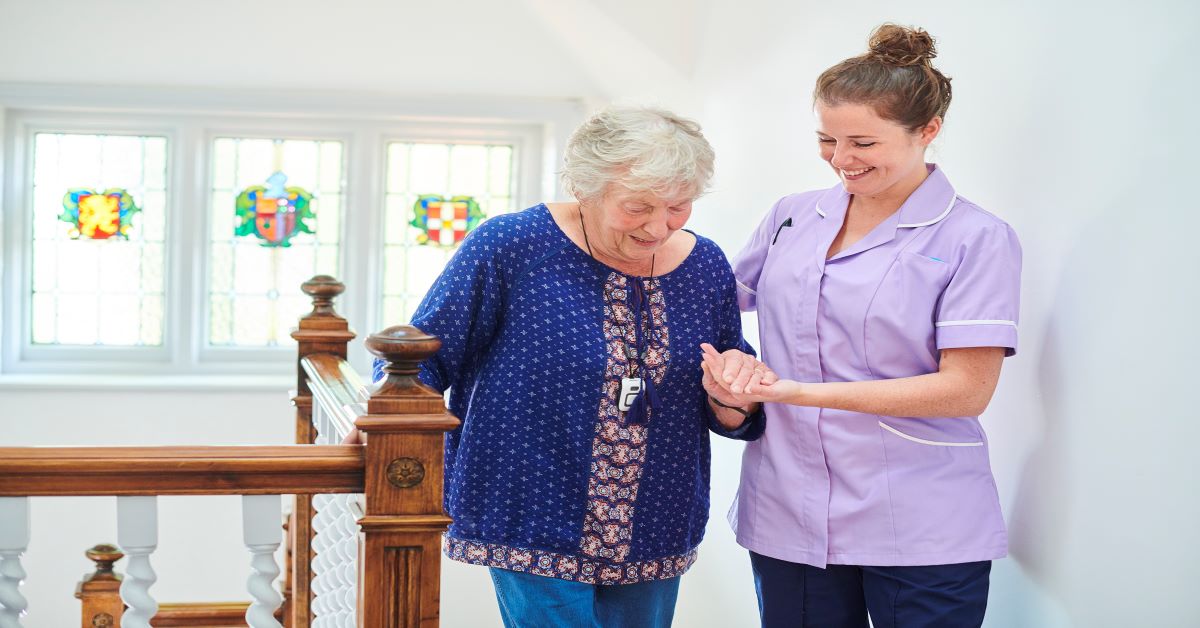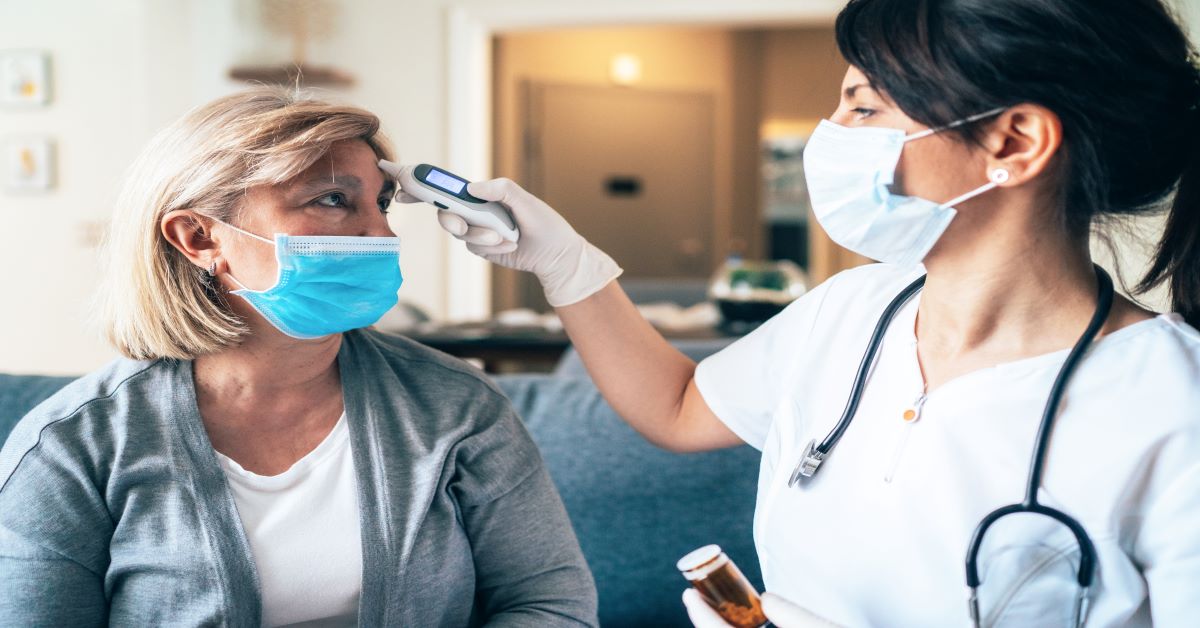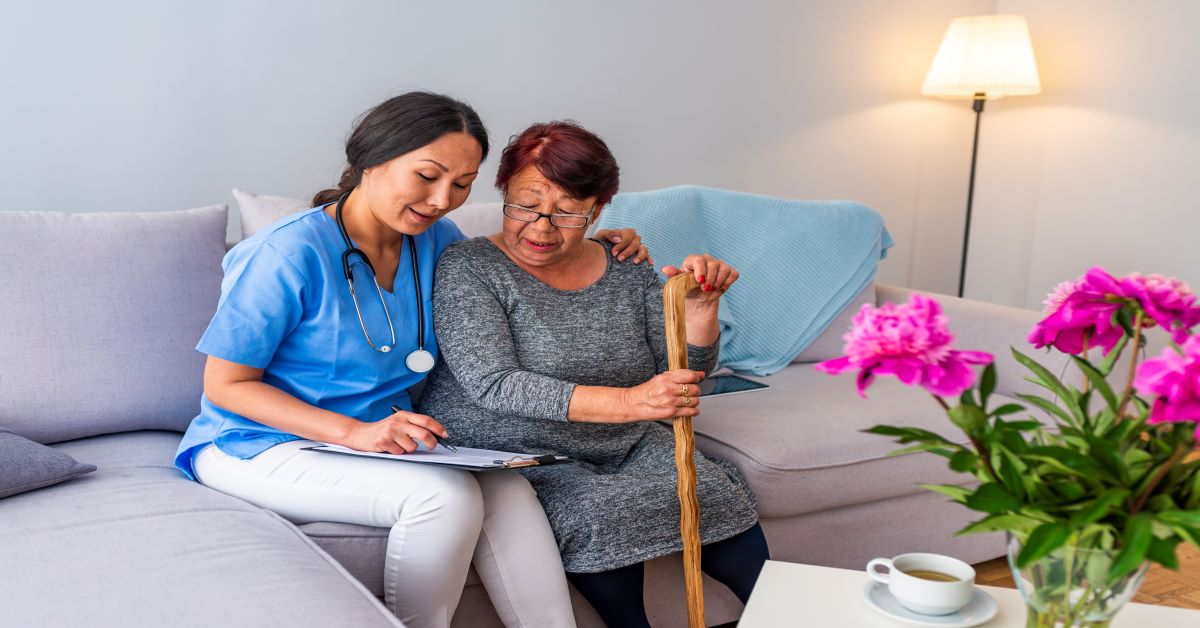11 Aug Outpatient Therapy Services by Home Health Care Agency
Can home health care agencies bill Medicare Part B for outpatient services?
 Yes. According to CMS, outpatient therapy services may be provided by a home health agency to patients who are not homebound or otherwise are not receiving services under a home health plan of care (POC). These services are not paid under the Home Health Prospective Payment System (HH PPS). The reimbursement for the outpatient therapy services is calculated using the Medicare Physician’s Fee Schedule (MPFS).
Yes. According to CMS, outpatient therapy services may be provided by a home health agency to patients who are not homebound or otherwise are not receiving services under a home health plan of care (POC). These services are not paid under the Home Health Prospective Payment System (HH PPS). The reimbursement for the outpatient therapy services is calculated using the Medicare Physician’s Fee Schedule (MPFS).




 As the 21st Century Cures act moves to the forefront of home health agency staffs, many agencies find themselves trying to prepare for the inevitable. According to their official website
As the 21st Century Cures act moves to the forefront of home health agency staffs, many agencies find themselves trying to prepare for the inevitable. According to their official website 






